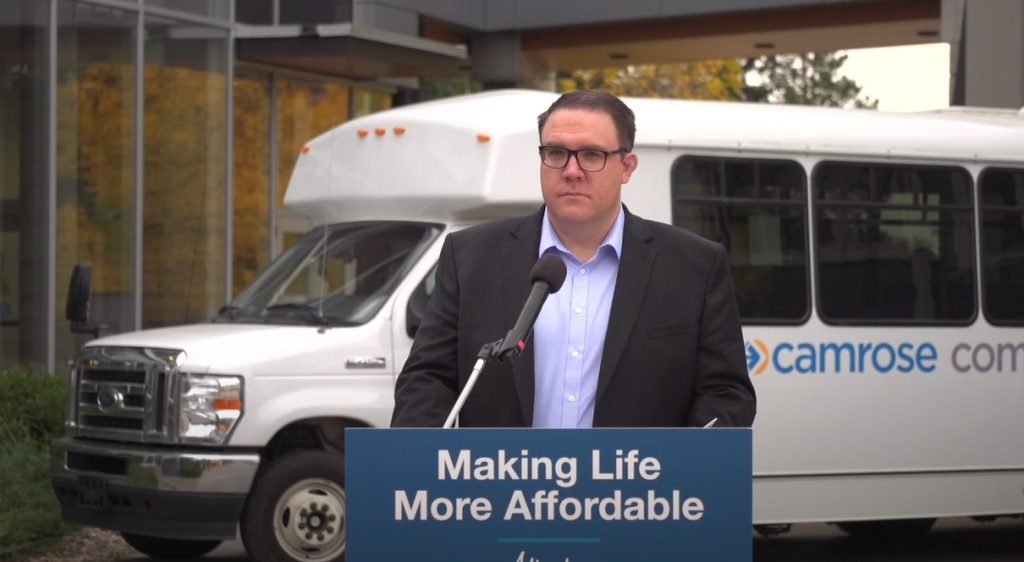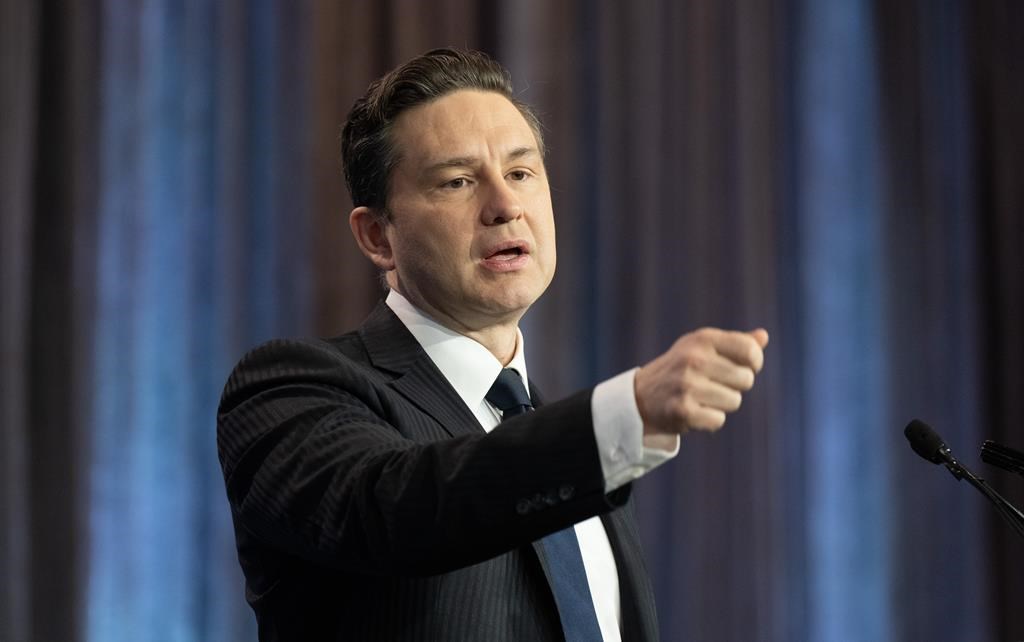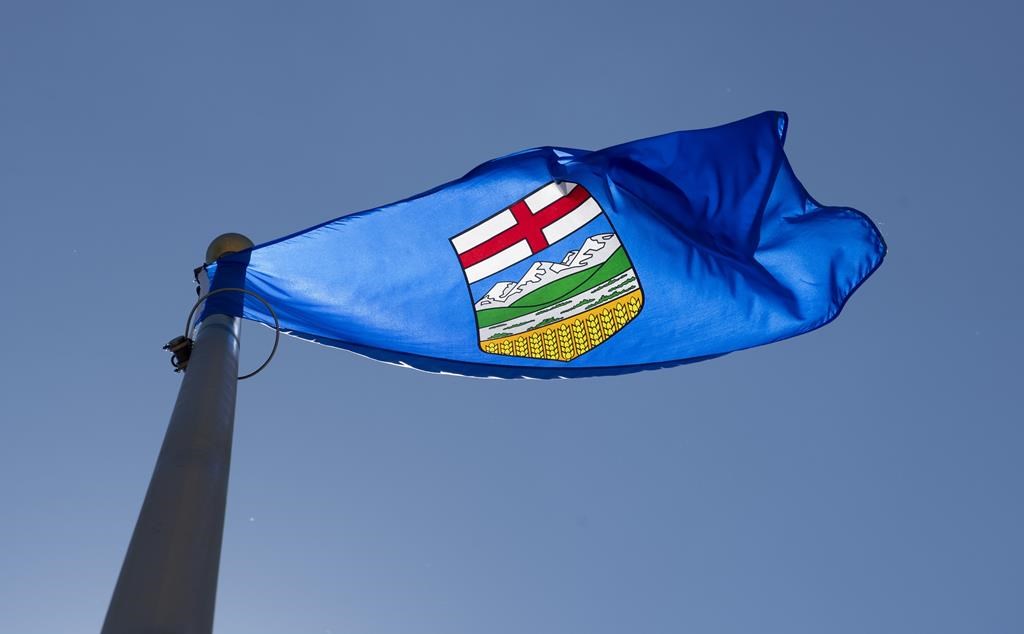A discussion on pipelines, the environment and more with the federal Natural Resources Minister
Posted Jun 20, 2019 3:31 pm.
Last Updated Jun 20, 2019 3:35 pm.
CALGARY (660 NEWS) — Although the Trans Mountain pipeline expansion received federal cabinet approval on Tuesday, the future of oil and gas development remains a question, along with protecting the environment.
In a sit-down interview with 660 NEWS, federal Natural Resources Minister Amarjeet Sohi discussed these topics and more on Thursday.
“I and my department and our entire government have been working really, really hard on moving forward on this project in the right way,” he said, in response to the approval of Trans Mountain. “It is very important for people to understand why this project is important.”
Sohi said the expansion will create significant job growth across western Canada and other areas as well, and he assures it will help Canada find new markets for oil.
There is scepticism the approval on Tuesday does not mean much for the future of the project, with the expectation of further legal challenges and protests.
“It is very unfortunate that energy resource projects such as pipelines are polarized and very controversial in Canada, and in other parts of the world as well, but they should not be,” said Sohi. “Pipelines are the safest way to transport oil and gas to markets, and it is the most cost effective way of doing that.”
On Wednesday, Trans Mountain Corporation CEO Ian Anderson said they are preparing to hire extra security to protect workers and equipment, though Sohi would not speculate if the Canadian Armed Forces would ever have to be called in.
Regarding the emerging issue around national unity, Sohi laid part of the blame on the former Conservative government, claiming they did not care for the environment and the wishes of Indigenous communities.
“They brought in bad rules that actually destroyed Canadians’ trust in the process and now we are seeing the consequences,” he added.
On the matter of actual timelines, and when construction may start on Trans Mountain, Sohi said that estimates shovels will be in the ground in September is realistic, and it will be complete midway through 2022.
However, it relies on some further approvals from the National Energy Board and Trans Mountain’s own ability to get construction crews ready to go.
Returning to national unity and the potential for more oil and gas development, Sohi responded to questions on two controversial bills working through the Senate — C-48 and C-69.
When it comes to C-69, which has been dubbed the “no more pipelines” bill by opponents such as Alberta Premier Jason Kenney, Sohi said this legislation will ensure projects get through when they have enough merit.
“The better rules that we are putting in place will allow good projects to move forward quickly, at the same time meeting our obligation for consultation and protecting the environment,” Sohi said. “I wish that we had Bill C-69 when we reviewed Trans Mountain pipeline expansion earlier on, starting in 2013, or had better rules in place for the Northern Gateway expansion or Energy East. All of these projects got into trouble because Canadians’ confidence in the process was destroyed.”
Sohi stressed once more that what failed Trans Mountain in the previous Court of Appeal decision that struck it down was a lack of consultation with Indigenous people, and that’s something he never wants to see happen again.
“The best part of Bill C-69 is the early engagement part. Where everyone comes together, identifies the issues that need to be explored and assessed, then avoid problems in the back end,” he pointed out.
Further, on the so-called tanker ban bill C-48, Sohi said the government is still moving ahead with other pipeline projects, but not every coastline needs to be developed.
“Protecting one of the most pristine parts of the coast, where the ecological system is so sensitive and local economies are thriving based on the access to a clean environment,” Sohi added.
Right now, there are no projects proposed to go into that area of northern B.C., but Sohi did say they are open to any private proposals and the door is not shut for more pipeline projects in the future.
In addition, the environment does still remain a pressing concern, as Sohi reiterated the common position from the Liberal government that resource development can be balanced with environmental protections.
“You can build pipelines — at the same time, do it in a way that you protect the environment, that you mitigate the impact in a very effective way, and you also take very comprehensive action on climate change.”
Some environmentalists and Green Party Leader Elizabeth May, felt it was odd for the pipeline to be approved only one day after the government also called a climate emergency, but Sohi was adamant that it was not an odd juxtaposition.
“Absolutely not,” said the minister. “The building of the Trans Mountain pipeline expansion in no way hinders or compromises our ability to meet our Paris Agreement commitments.”
Sohi said some people are conflating building pipelines with affecting the environment, but, in his mind, it is not true.
He was also critical of the Conservative Party’s latest climate change plan, which includes taxing large emitters after scrapping the federal carbon tax but is notably absent of specifics on how to reduce emissions.
To move forward into a prosperous future Sohi said issues around climate change hit close to home, and in order for frustration in Alberta to be eased, measured action needs to be taken.
“We saw the wildfires this year in northern Alberta, we had Fort McMurray fires that forced the entire community to evacuate, in Calgary and southern Alberta we saw floods in 2013 that caused so much damage to communities and to community infrastructure as well as to rural communities and economies,” he said. “So those are the real impacts of climate change, if we don’t take action those challenges are not going to go away.”
“In today’s day and age, you cannot ignore the environment.”










